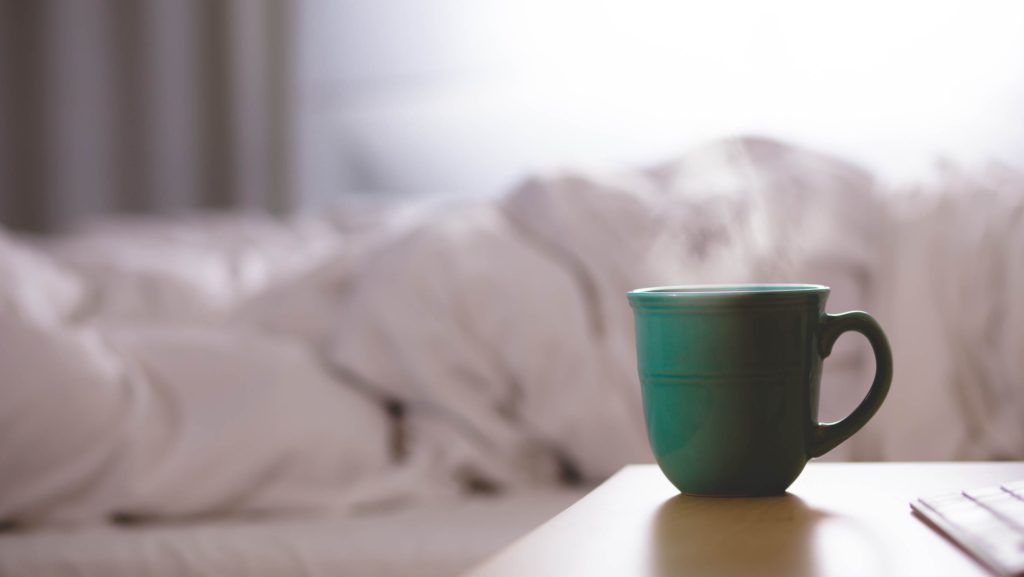CBD for Sleep Disorders

Sleep. You need it. You want it. But, if you’re like a whole lot of Americans, you aren’t getting the seven hours a day the Centers for Disease Control & Prevention (CDC) say you need. And, since you’re reading this, it’s safe to say you’re wondering if CBD can help.
An estimated 70 million Americans in are in the same boat, losing out on zzz’s to problems like insomnia, sleep apnea, narcolepsy and restless legs. About 10% of American adults endure chronic insomnia. That’s three nights a week, for a month or longer. Millions more deal with it on the short-term.
Sound serious? Yeah, it is. And it goes beyond tossing and turning.
Your sleep-deprived friends are stacking up health risks such as obesity, physical inactivity and excess alcohol and cigarette use. Plus, chronic health problems from heart attacks and strokes to asthma, arthritis, depression and diabetes. No wonder our sleep obsession is on high alert.
So, can CBD help get America’s collective snooze groove back on track?
An August Gallup poll showed that 11% of U.S. CBD users are counting on the answer to be ‘yes.’ But, according to researchers, the health benefits of CBD are a little more complicated than that.
Proof of CBD’s role in sound slumber is mixed at best. One study shows that low doses of CBD keep you awake. Another study says high doses do the trick. Throw in a third report that says CBD has no effect on sleep cycles, and you see what we’re getting at.
Move beyond CBD-only studies for a broader look at weed, and benefits are still unclear.
Research shows that THC, the primary psychoactive cannabinoid in weed, helps users nod off and sleep soundly all night long. But add in CBD and things shift.
Low doses of THC and CBD in balanced ratios have been shown to reduce the most restorative sleep stage, while high doses heighten wakefulness. That may be great for daytime drowsiness or narcolepsy, but not if you’re lying awake nights. And, as far as CBD and chronic insomnia, the jury’s still out until more research comes in.
On the bright side, there is some CBD hope.
If your sleeplessness is pain- or anxiety-related, CBD can soothe those root causes and help you get the sleep you need. CBD also holds promise for treating REM sleep behavior disorders. That’s where sleepers act out vivid dreams, sometimes violently.
There’s even some hope for people who wrestle with restless legs syndrome, but final word on that, too, is still to be seen.
If you’re planning on trying CBD for sleep, stay smart. Stick with vetted companies that you trust, and pay attention to labels and laboratory testing results.
Even mattress companies are jumping on the bandwagon with CBD gummies — enhanced with melatonin, a proven sleep-enhancing supplement. So, who’s to say what’s behind good sleep?
If you’re being seen by a doctor for any medical condition, talk with them before you try CBD. It can interact with other meds, so keep your doc informed and do the same for yourself. Stay connected to Pot.com for the latest in premium CBD providers and solid CBD sleep research.

